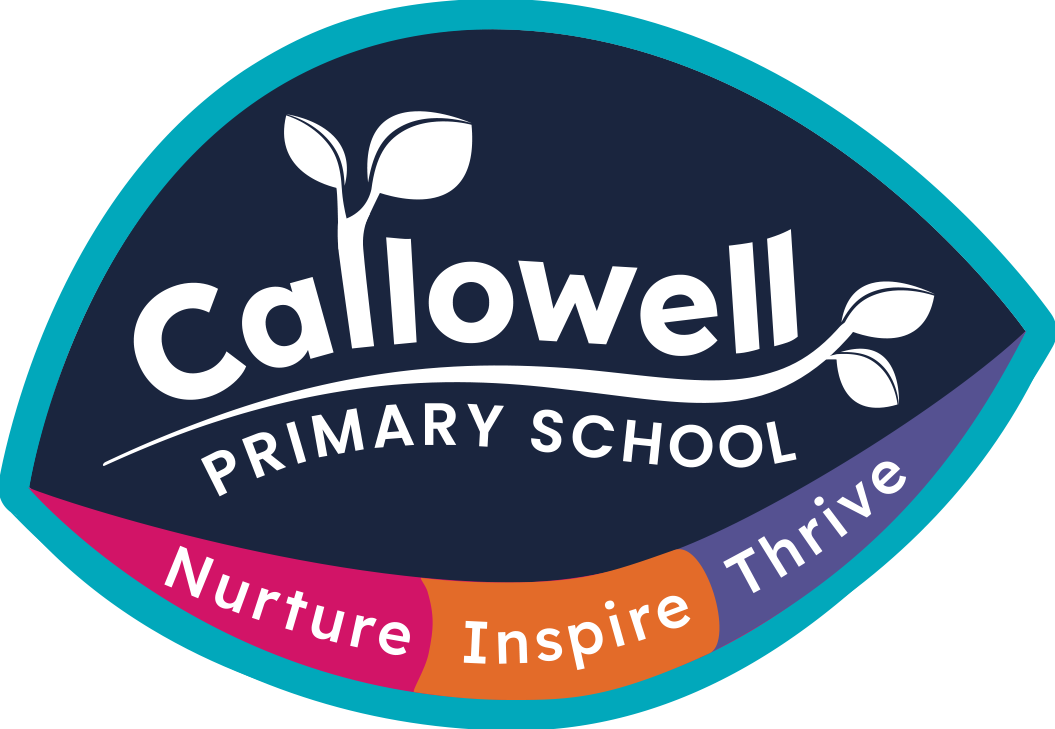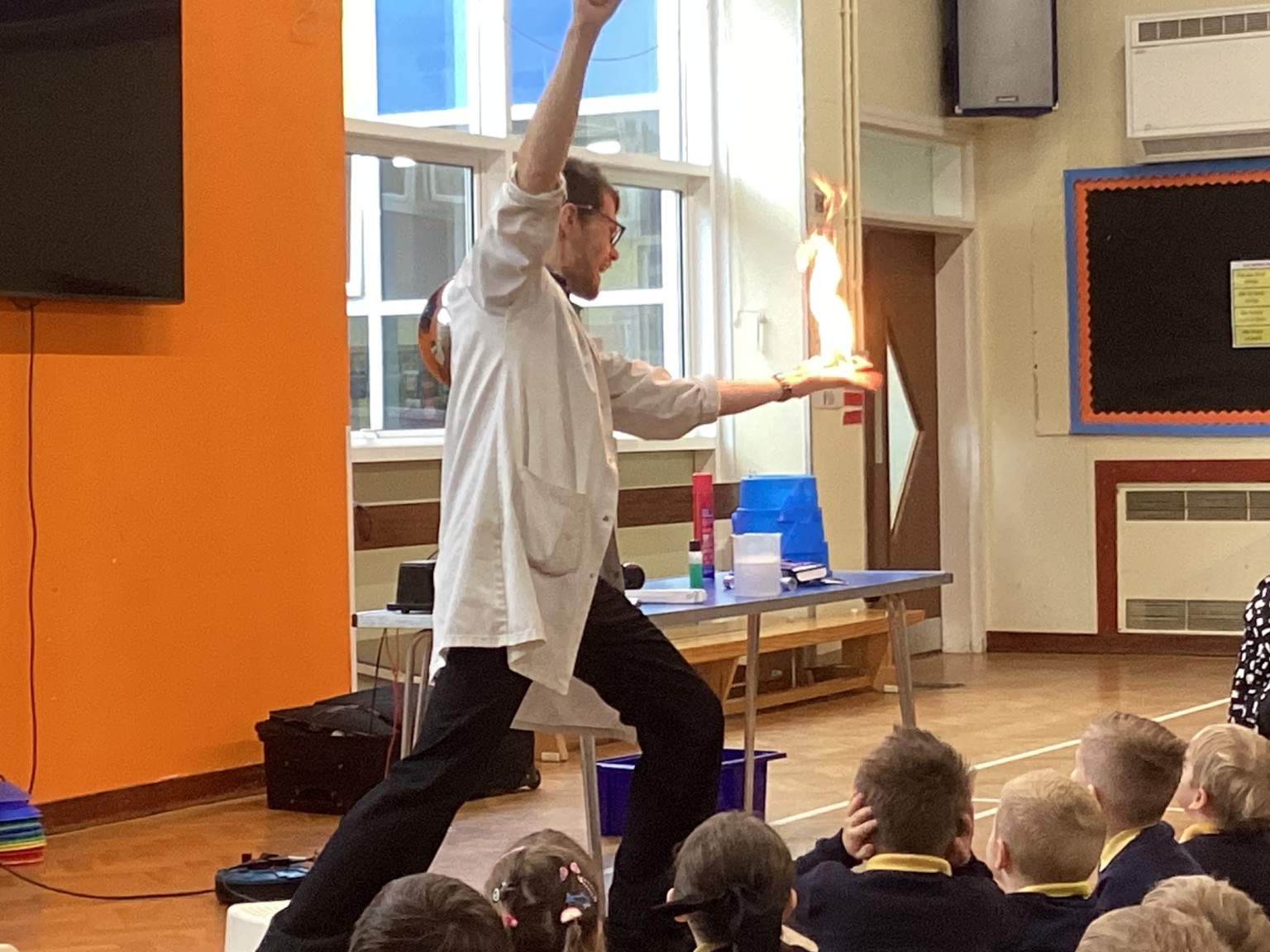Callowell Scientists
Our Aims:
Our Science curriculum is designed to inspire and encourage children to:
- develop a sense of enquiry and curiosity of the world.
- take an active role in their learning, through questioning and planning investigations.
- have a secure understanding of the world around them through acquiring specific skills and knowledge to help them to: think scientifically; learn about famous scientists and their theories and understand scientific processes.
- develop a deeper respect, appreciation and care for the natural world and its phenomena.
What does Science look like at Callowell?
Through practical and first-hand experiences, we ensure that all children develop their knowledge of the Science contained within the programmes of study of the National Curriculum. Scientific disciplines of Biology, Physics and Chemistry are taught in accordance with the National Curriculum year group objectives, and a scientific overview for each year group is followed to ensure that all units are taught in a progressive structure, and there are opportunities to revisit key units in later year groups. This allows children to build upon their prior knowledge and enjoyment of a concept. Specific scientific vocabulary and symbols are embedded into the lessons and are progressive throughout the year groups to help the children to learn key vocabulary that they can apply to their understanding of a concept.
At Callowell Primary School, working scientifically skills are an integral part of the Science curriculum that are embedded into each unit the children study and these skills are revisited and developed each year to ensure progression. We ensure the pupils are taught the skills required to independently complete each stage of an investigation, as well as understanding and planning for the different investigation types. This supports children to independently plan, predict and analyse their own experiments and investigations. This further helps pupils to gain a greater understanding of the concepts and knowledge that they are learning in Science.
In the Early Years Foundation Stage, children engage with Science through the Early Learning Goal ‘Understanding the World.’ Within this Early Learning Goal, children explore aspects of the natural world and people, culture and communities, through observations, discussions, stories, comparisons of similarities and differences and exploration of processes of change.
We regularly explore our school grounds, taking advantage of our forest school area, with classes accessing forest school sessions. We also have a range of established links within our local community that we draw upon to enhance learning. To ensure children are provided with a broad cultural development we also provide them with opportunities to extend their learning beyond our local community. Learning experiences include; British Science Week whole school event, trips, workshops, afterschool clubs and expert visitors, alongside the opportunity for children to be Science Ambassadors for our school.
How do we assess Science?
Our Science curriculum is planned carefully to effectively demonstrate progression in learning to ensure that children build on previously learnt knowledge and form connections between scientific units studied. We use regular retrieval practice sessions within class to further support this.
Class teachers use formative assessment in all lessons to identify children’s understanding of the scientific concepts and key knowledge taught, alongside Evidence Me, moderation events and Insight. An overall assessment is then recorded on Insight at the end of each unit. This allows us to track the attainment and progress of children throughout their school journey. As required nationally, summative data is entered at the end of Year 6 using the ‘Exemplification of Standards in Science’ to further inform our judgement.

